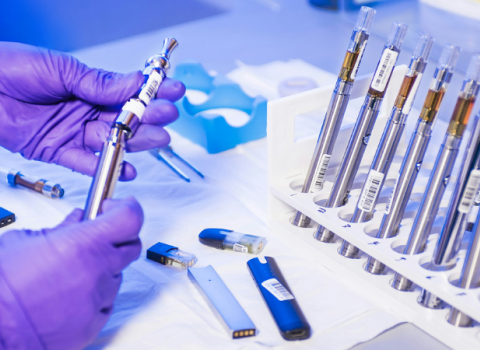Avidex is teaming up with diabetes
specialists at King’s College London to work on a new approach to
treating the Type I form of the disease.
The Oxford biotech firm has licensed exclusive rights to a
proprietary antigen, discovered by Professor Mark Peakman at King's
College London, that is expressed in the pancreas of patients with Type
I diabetes.
As the antigen is expressed inside cells it cannot be targeted by monoclonal antibodies because they are able only to lock onto antigens on the cell surface. Avidex has a monoclonal T-cell receptor (mTCR) technology that can be used to target such intracellular antigens.
Type I, or insulin-dependent diabetes mellitus, is an autoimmune disease in which the body’s immune system turns on itself and destroys the insulin-producing beta cells. Currently there are no ways of preventing or curing the disease, which is managed with insulin injections.
Avidex will now generate an mTCR that binds to the in-licensed antigen. It will then link this to a cytokine that is able to down-regulate the autoimmune response, with the objective of blocking the cascade that leads to the destruction of beta cells.
Neill Mackenzie, chief business officer at Avidex, says the intention is to test a couple of cytokines to see which gives the best response. To date the company has shown its mTCRs can target intracellular antigens to upregulate an immune response, forming the basis of cancer immunotherapeutics, but this will be the first time the technology has been used for down-regulation.
Peakman’s work is funded by the charities the Wellcome Trust and Diabetes UK. Angela Wilson, director of research at Diabetes UK, said, “This is a prime example of how the investment of Diabetes UK has taken research from the laboratory to the stage where it has real potential to make a difference to people with diabetes.”
Further information: www.avidex.com





 A unique international forum for public research organisations and companies to connect their external engagement with strategic interests around their R&D system.
A unique international forum for public research organisations and companies to connect their external engagement with strategic interests around their R&D system.